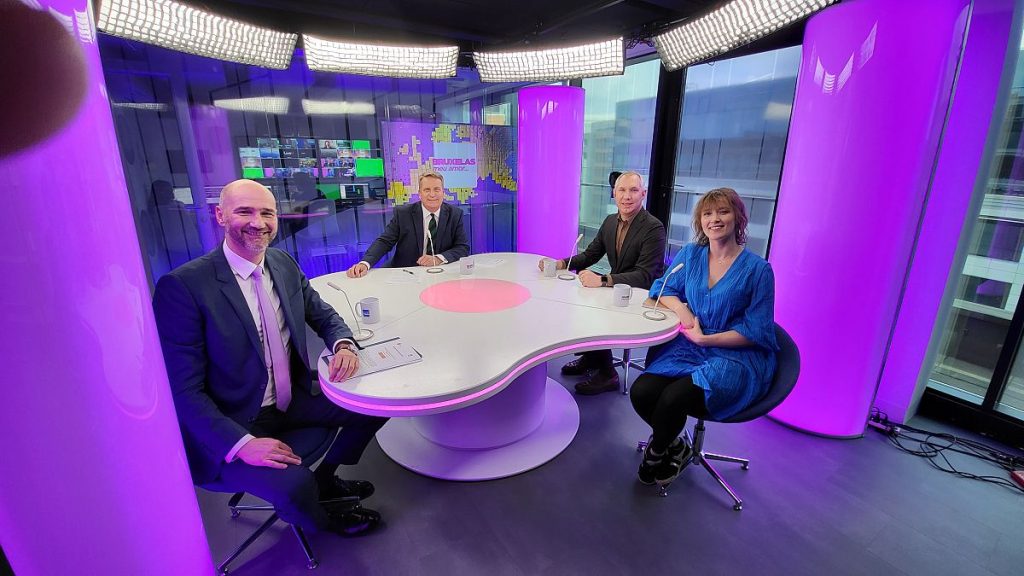In this week’s episode of the talk show, host Stefan Grobe and his guests focused on the future of the EU Green Deal after the elections, the current state of the electric car market in Europe, and the reasons behind the plateauing sales of organic food. The EU Green Deal, aimed at making Europe climate-neutral, is facing challenges as extreme weather events like floods and wildfires become more common. The guests discussed the importance of the Green Deal as a political concept and whether it will survive in the long term.
The European Green Deal was adopted in 2020 as a strategy to make the EU climate neutral by 2050. The plan includes reviewing existing laws for their climate impact and introducing new legislation related to the circular economy, building renovation, biodiversity, farming, and innovation. The participants highlighted the significance of transitioning the entire economy to be more climate-conscious and competitive globally. However, recent doubts surrounding the Green Deal’s viability raise concerns about its future success.
With European carmakers facing a slowdown in electric vehicle sales, Chinese models are poised to enter the market. Currently, one out of four electric cars in Europe is made in China, prompting discussions about potential tariffs and bans on new petrol and diesel cars. The EU has threatened to investigate illegal public subsidies for the Chinese car industry, which could escalate into a full-fledged trade war. Amidst this uncertainty, European consumers remain unsure about the future of electric cars, adding complexity to the issue.
The talk show also addressed the benefits of increasing organic food procurement in public institutions, such as company canteens and schools. A recent study suggested that incorporating more organic food into public procurement could yield environmental and economic advantages. The guests proposed setting legal criteria to boost the local share of organic food in these settings. However, despite the potential benefits, sales of organic food have stagnated, indicating a saturation point in the market. This raises questions about how to encourage further growth in the organic food sector.
As discussions continue on the future of the EU Green Deal, the electric car market in Europe, and the potential for increasing organic food procurement, key challenges and opportunities emerge. Climate change poses a significant threat, highlighting the urgency of implementing sustainable policies like the Green Deal. The electric car market faces competition from Chinese models, raising concerns about trade conflicts and consumer preferences. Encouraging more organic food procurement in public settings presents environmental and economic benefits, yet sales remain stagnant. Addressing these issues requires a collaborative and innovative approach to drive progress towards a more sustainable future in Europe.


